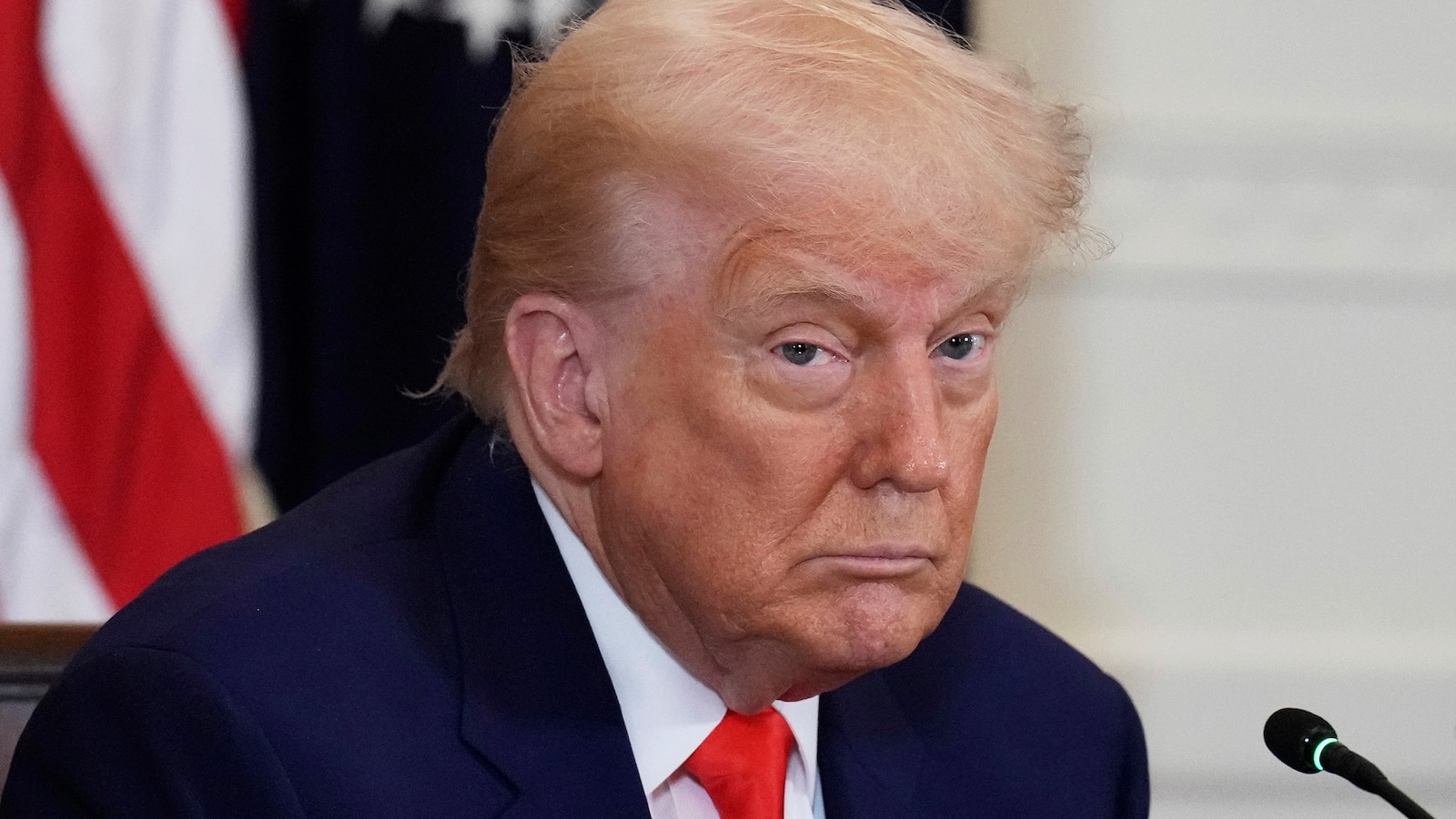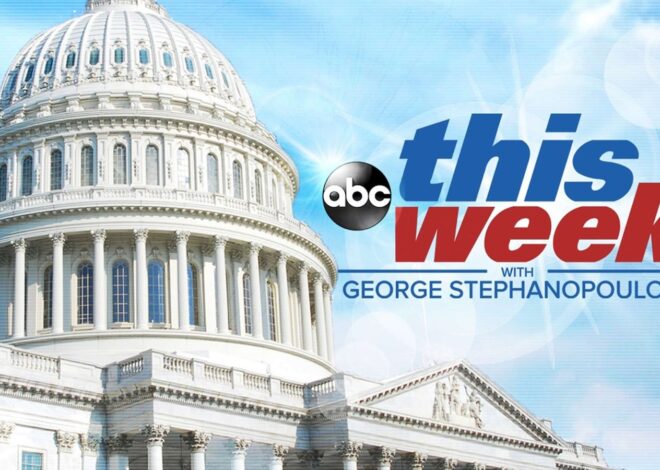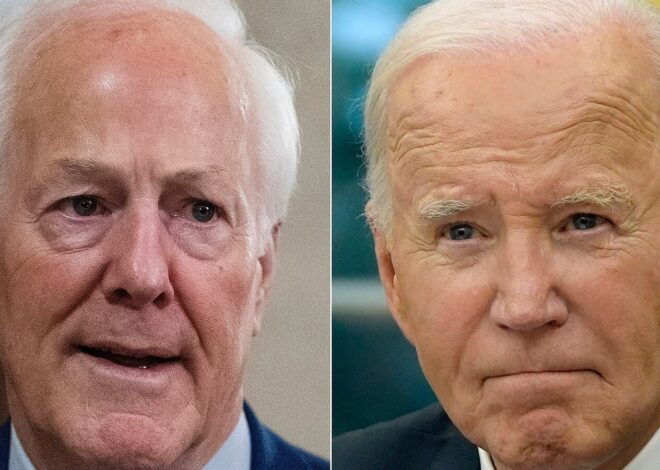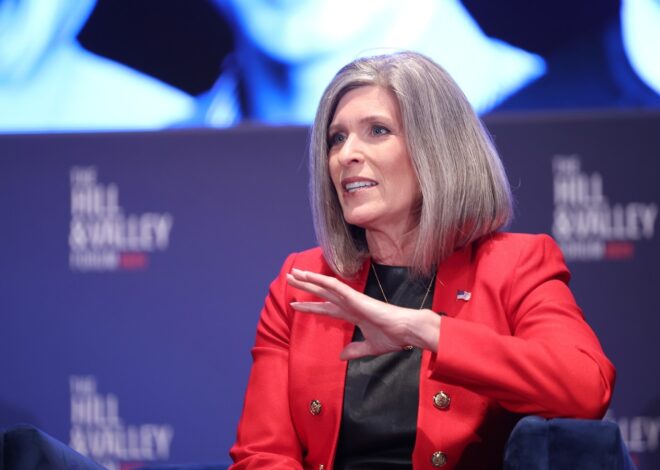
Judge Affirms Trump’s Authority to Enact Tariffs, Redirects Lawsuit to Alternate Court
Tariffs and Legal Tangles: A Judge’s Nod to History
Perhaps, in the whirlwind of headlines, one might have glanced over a federal judge’s recent ruling about Donald Trump’s tariffs. Yet, there’s a tinge of history echoing here. The International Emergency Economic Powers Act of 1977 – or IEEPA, as it’s known – plays a central role in this legal narrative, where an old case involving a Japanese zipper company seems to be making a peculiar comeback.
You see, back in the 1970s, a company known as Yoshida challenged President Richard Nixon’s tariffs. Fast forward half a century, and we find the same principles being dusted off and applied to a case involving Trump’s tariffs. The implications of Judge T. Kent Wetherell II’s ruling – the one that speaks of transferring the case to the Court of International Trade in New York – are intriguing. He nods towards a 50-year-old decision, suggesting that Trump’s imposition of tariffs might not be overstepping presidential authority after all.
It’s an intriguing thought, isn’t it? A decision about Japanese zippers and Nixon’s policies now offering a semblance of backing to Trump’s tariffs. Wetherell’s ruling doesn’t definitively settle the question, yet the suggestion that Trump’s authority aligns with IEEPA sparks a conversation. The law, originally designed to handle emergencies like national security threats, allows a president to regulate imports – but it doesn’t explicitly mention tariffs. And that’s where the heart of the debate lies.
Legal minds wrestle with whether Trump’s interpretation oversteps the lines drawn by Congress. A moment of nostalgia, perhaps, as they refer to the Trading with the Enemy Act of 1917, another ancient law that speaks to presidential power. The curious thing is, despite its challenge back then, Yoshida (now operating as YKK) continues to thrive – perhaps a testament to the unpredictable outcomes of legal battles.
The landscape remains dynamic, and the stage is set in the Court of International Trade. Judges there will ponder the complexities of executive power versus legislative authority. Will they agree with Wetherell’s nod to history? The outcome is far from certain, yet the mere act of raising this issue puts a spotlight on the ever-evolving dance between law and politics.
If the court’s interpretation swings in Trump’s favor, it could ripple through future administrations, broadening presidential reach under IEEPA. Perhaps, it’s a small victory in symbolism for Trump amidst numerous lawsuits challenging these “Liberation Day” tariffs. Yet, the broader implications remain clouded – a picture yet to fully emerge.
In a world where legal precedents shape realities, this case serves as a fascinating reflection on how past decisions can echo across decades, influencing present-day governance. For those following the thread of history, the implications are ripe for contemplation. Meanwhile, amidst the debates and deliberations, we continue our watch, waiting to see how this legal tapestry unfolds. The echoes of Yoshida’s case might be quiet, but their resonance is undeniably felt.
For more context on this evolving situation, you can visit Reuters for ongoing updates.



